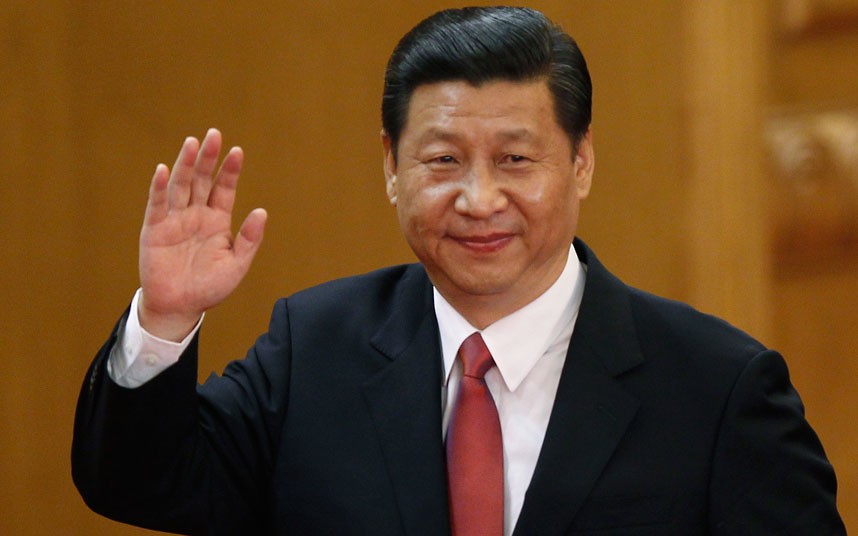
China looms large as a player in Central and South Asia where it continues to emerge not only as a major economic power, but also been more proactive in these regions in the last few years enhancing its security architecture. The rational for establishing a strong Chinese network in Central Asia rests upon Chinese apprehensions that instability in this region could destabilize China’s western regions. China has good relations with virtually every country in and around the region and is generally seen as a constructive and important partner—diplomatically, economically, and even militarily. Moreover, Beijing views Af-Pak as critically important to China while maintaining cordial relations with Afghanistan and friendly relations of long standing with Pakistan.
Afghanistan is considered the epicenter of this volatile landlocked region, while Pakistan is viewed as the linchpin of China’s policies toward Southwest Asia and South Asia. China’s major interests in South Asia comprise supporting stability in both Afghanistan and Pakistan in order to curtail the sway of Islamist extremists, and to expedite trade and energy corridors throughout the region that China can access. Chinese foreign policy is also fixated on augmenting its influence with other South Asian states, including India Bangladesh, Nepal, Sri Lanka, and the Maldives, to further help it secure energy and trade flows from the Middle East and Europe, and as part of a global effort to extend its diplomatic and economic influence.
In Central Asia, China aims to build a favorable external environment in order to ensure stability and to build towards this, China has goals. China wants to take part in international anti-terror cooperation in its own way. As China is entering the centre of the world stage, it needs to find a way that suits its national interests and expand converging interests with its neighboring countries. China’s objectives in Afghanistan can be summarized in the following priority order- Curb the ability of Islamic Extremist groups who support Uyghur’s or whoever engage in terrorist acts in China or against Chinese interests. Support Pakistan and insulate it from instability in Afghanistan; Ensure Access to raw materials (such as natural gas, metal) from Afghanistan, and strengthen the Role of Shanghai Cooperation Organization (SCO) in the region.
As Afghanistan’s biggest neighbor, China has put enormous efforts in boosting the country’s reconciliation process and attached high importance to international cooperation. In order to promote the reconciliation process in Afghanistan, since 2016 China has been playing a positive role in the Quadrilateral Coordination Group (QCG) that involves the US, Pakistan and Afghanistan. Moreover, on March 1, 2016, Beijing proposed a joint counterterrorism mechanism with Afghanistan, Pakistan and Tajikistan in an effort to bolster security throughout the region. But China is vary of the fact that Pakistan is not supporting the fight against terrorism and several jihadi groups supported by Pakistan are entering China to destabilize the country.
Though the initiative, if implemented, would not have an immediate impact on regional security or on China’s geopolitical standing, it signals Beijing’s intention to become more involved in security issues beyond its borders. China’s economic interests in the region is spreading through the region largely also because of its One Belt, One Road initiative. The goal of the initiative is to develop trade and transit links among Central and Southeast Asia, the Middle East and Europe.
However, many of those interests could easily be undermined by local threats especially in the region of Pakistan Occupied Kashmir and Gilgit Baltistan, where Pakistan supported Jihadi groups have training camps. As regards South Asia, China has built up Pakistan’s conventional military as well as nuclear and missile capabilities over the years. Over the decades China has provided Pakistan with extensive military and economic assistance (including nuclear transfers) and diplomatic support on the international stage. China’s engagement in Pakistan is also shaped by two other key interests: the desire to create a trade and energy corridor to the Gulf and Africa, and the need to control the Uyghur separatist movement.
In retrospect it can be said that as China will find itself shouldering more responsibility for providing and safeguarding stability throughout South and Central Asia — something that may not sit well with rival powers defending their own interests in the region. For Moscow and Beijing, Central Asia is increasingly a region of soft competition where they are very aware of and attentive to each other’s interests, rather than a source of conflict and tension. China wants to replace Russia as the major economic as well security actor in Central Asia and this race to assert the regional hegemony in the region is going to further intensify.



